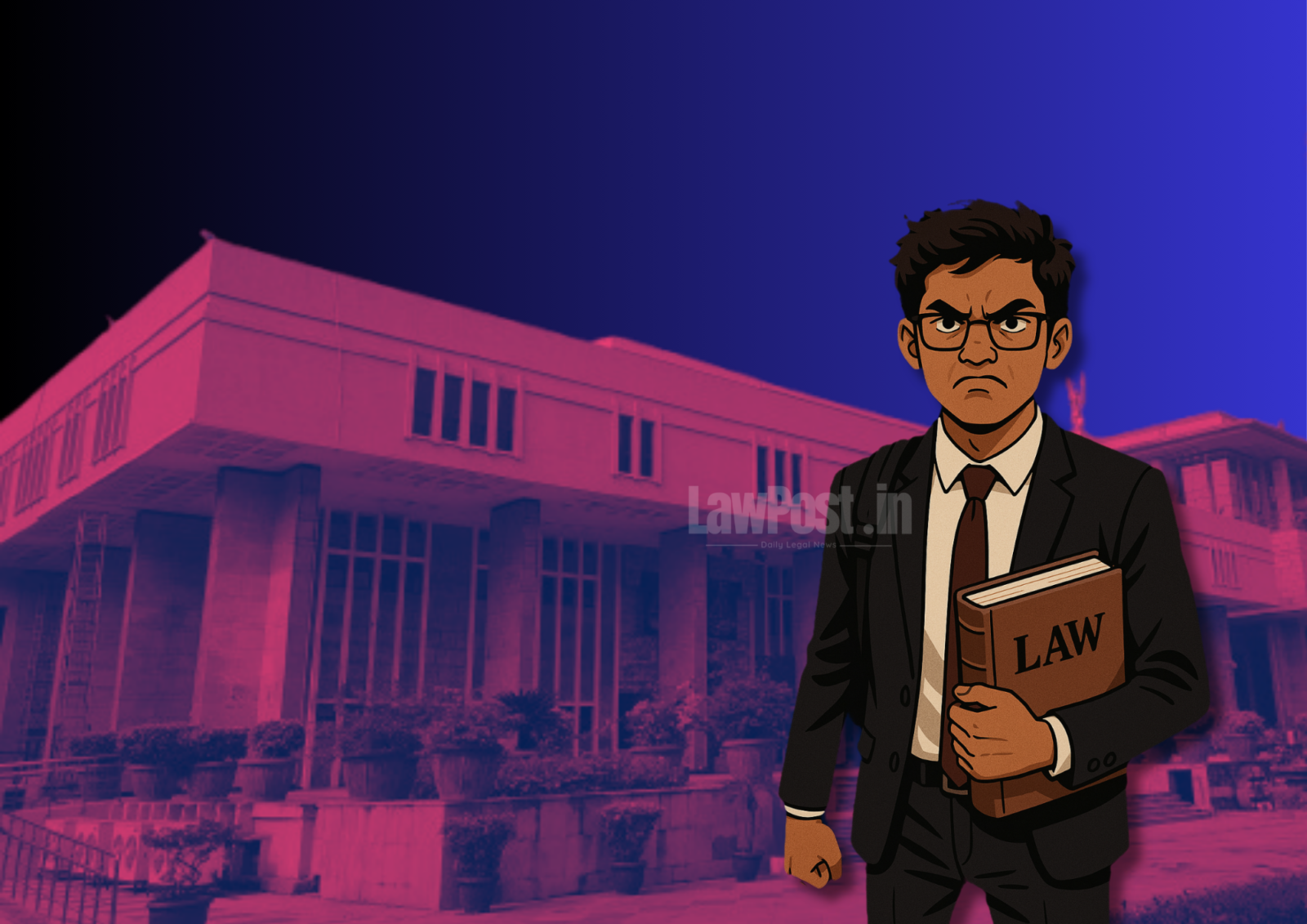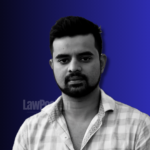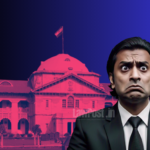The Delhi High Court on Monday made a significant observation in the ongoing legal battle over the 2025 Common Law Admission Test (CLAT), stating that “at least one question has to be scrapped.”
A division bench comprising Chief Justice Devendra Kumar Upadhyaya and Justice Tushar Rao Gedela was hearing a batch of petitions challenging alleged errors in the CLAT 2025 undergraduate (UG) question paper. During the hearing, the bench noted a lack of adequate referencing in one of the questions, remarking, “Are the students expected to know this passage?”
This critical observation came amid arguments from the Consortium of National Law Universities (NLU Consortium), represented by Senior Advocate Rajshekhar Rao. Rao informed the Court that an expert committee set up to look into the matter had also recommended the withdrawal of a problematic question from the paper.
The controversy stems from a plea filed by 17-year-old CLAT aspirant Aditya Singh, who approached the Delhi High Court pointing out alleged errors in the UG paper. On December 20, 2024, Justice Jyoti Singh had partly allowed the plea, prompting appeals from both sides.
The NLU Consortium challenged the single-judge ruling, arguing that the Court had overstepped its jurisdiction by acting as an academic expert. Simultaneously, the student sought further revision of his results.
With multiple similar petitions pending before the Madhya Pradesh and Bombay High Courts, the NLU Consortium approached the Supreme Court to avoid parallel proceedings. On February 6, 2025, the apex court directed that all such matters be transferred to the Delhi High Court.
The Delhi High Court on Monday assured that it would aim to conclude proceedings before the commencement of the summer vacations, raising hopes for clarity among thousands of law aspirants.
The case continues to highlight persistent concerns about transparency and accuracy in India’s premier law entrance examination.








